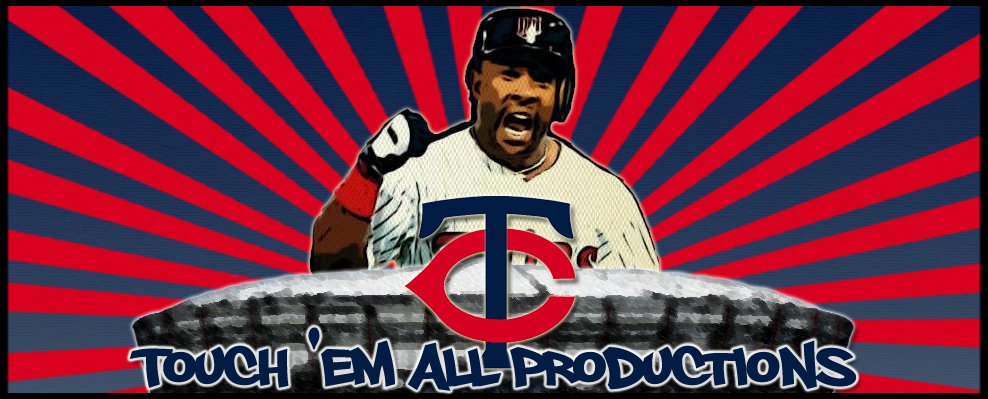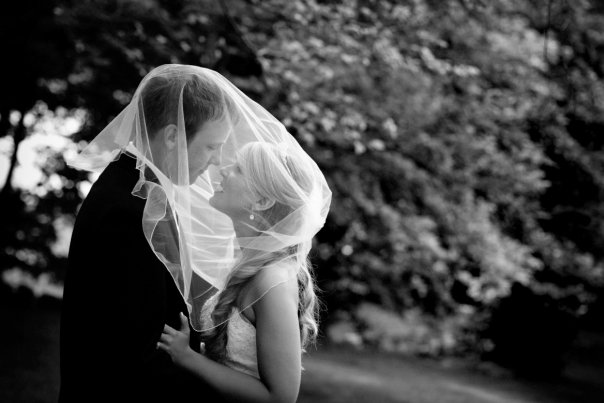
Here is antoher theory that I found interesting. Knowing that the writers have told us that there is a good side and a bad side, this may shed some light to figure out who is on witch side or that spectrum? This was posted by "The DFC"
As we all realized and is referenced above, there's a clear division on the show of good versus bad. But, who is on what side? The names of characters on Lost are all intentional as has been stated by the creators on multiple occasions. One possible clue as to what side each character is on is in the clear division of the names between Christian/Biblical names and famous Deist/Natural Religion thinkers.
I haven't seen this mentioned before, but take a look at this list:
http://en.wikipedia.org/wiki/List_of_Deists
Notice any familiar names?
Here are the divisions I see with additional notes:
Deists
John Locke - John Locke
The publication of John Locke's An Essay Concerning Human Understanding (1689, but dated 1690) marks a major turning point in the history of deism. Since Herbert's De Veritate, innate ideas had been the foundation of deist epistemology. Locke's famous attack on innate ideas in the first book of the Essay effectively destroyed that foundation and replaced it with a theory of knowledge based on experience. Innatist deism was replaced by empiricist deism.
INTERESTING NOTE ABOUT HISTORICAL JOHN LOCKE: Although Locke believed that human reason could lead a person to religious truths, he believed that most people failed to reason, and therefore needed to be given "truths" by individuals who received supernatural "revelations" from God.
Kate Austen - Jane Austen
Austen’s assumption that her religious beliefs accommodated reason and/or empiricism, that reason is the means to uncover right, and, moreover, that right is indeed discoverable through the operations of reason—all Lockean premises
Hugo Reyes - Victor Hugo
(Notice the "change of sides"!) Hugo's religious views changed radically over the course of his life. In his youth, he identified himself as a Catholic and professed respect for Church hierarchy and authority. From there he became a non-practicing Catholic, and expressed increasingly violent anti-catholic and anti-clerical views. He dabbled in Spiritualism during his exile (where he participated also in seances), and in later years settled into a Rationalist Deism similar to that espoused by Voltaire. A census-taker asked Hugo in 1872 if he was a Catholic, and he replied, "No. A Freethinker".
James "Sawyer" Ford - Mark Twain
Twain was critical of organized religion and certain elements of Christianity through most of his later life...Twain wrote, for example, "Faith is believing what you know ain't so," and "If Christ were here now there is one thing he would not be -- a Christian."[61] [Classified as Deist]
Walt - Walt Wittman
Whitman was deeply influenced by deism. He denied any one faith was more important than another, and embraced all religions equally
Five Other Famous Deists w/Notable Names
1) Jean-Jacques Rousseau
2) Ethan Allan, early American revolutionary and guerrilla leader
3) Benjamin Franklin
4) Thomas Jefferson
5) Charles Darwin
Biblical/Christian Names
Jack & Christian Shephard - Shepherds
Meaning leader of men; Christian leanings of course
Aaron - biblical Aaron
Aaron’s function included the duties of speaker and implied personal dealings with the Egyptian royal court on behalf of Moses. Aaron represented the priestly functions of his tribe, becoming the first High Priest of the Hebrews. Aaron is considered a type of Christ)
Claire - Saint Clare
San Damiano became the focal point for Clare's new religious order, which was known in her lifetime as the "Order of San Damiano." San Damiano was long thought to be the first house of this order, however, recent scholarship strongly suggests that San Damiano actually joined an existing network of women's religious houses organized by Hugolino (who later became Pope Gregory IX). Hugolino wanted San Damiano as part of the order he founded because of the prestige of Clare's monastery.
Ben - biblical Benjamin
Benjamin is a son of Jacob, the second (and last) son of Rachel, and the founder of the Israelite Tribe of Benjamin. [Rachel dies giving birth to Benjamin]. Not only is Benjamin treated as the favourite brother of Joseph, and a favourite of Jacob, but classical rabbinical sources also stress the fact that Benjamin is referred to as the beloved of Yahweh in Deuteronomy; these rabbinical sources concluded that Benjamin died without ever committing sin - one of only four men to have done so (the other three being Amram, Jesse, and Kileab)[16]
Jacob - biblical Jacob
Jacob was the third Biblical patriarch and the ancestor of the twelve tribes of Israel. Jacob's herds increase and he becomes very wealthy (he was a Shepherd...named Jacob.............)
Abbadon - Angel Abbadon
The angel holding the key to the bottomless pit from Revelation 9 and 20, Gustav Davidson…[Get’s people where they need to go])
Charlotte Lewis - C.S. Lewis
Lewis's interest in fantasy and mythology, especially in relation to the works of George MacDonald, was part of what turned him from atheism….He fought greatly up to the moment of his conversion noting, "I came into Christianity kicking and screaming." Following a long discussion and late-night walk with his close friends Tolkien and Hugo Dyson, he records making a specific commitment to Christian belief while on his way to the zoo with his brother. He became a member of the Church of England — somewhat to the disappointment of Tolkien, who had hoped he would convert to Roman Catholicism
Other Interesting Notes/Names
Desmond Hume - David Hume
Experts dispute whether Hume was a deist, an atheist, or something else. Hume himself was uncomfortable with the terms deist and atheist, and Hume scholar Paul Russell has argued that the best and safest term for Hume's views is irreligion.
The writings of David Hume are sometimes credited with causing or contributing to the decline of deism. English deism, however, was already in decline before Hume's works on religion (1757,1779) were published.[27] Furthermore, Hume's writings on religion were not very influential at the time that they were published.[29]
Nevertheless, modern scholars find it interesting to study the implications of his thoughts for deism.
- Hume's skepticism about miracles makes him a natural ally of deism.
- His skepticism about the validity of natural religion cuts equally against deism and deism's opponents, who were also deeply involved in natural theology. But his famous Dialogues Concerning Natural Religion were not published until 1779, by which time deism had almost vanished in England.
Daniel Faraday - Michael Faraday
Faraday was a devoutly Christian member of the Sandemanians, which significantly influenced upon him and strongly affected the way in which he approached and interpreted nature. The Sandemanians originated from Presbyterians who had rejected the idea of state churches, and tried to go back to a New Testament type of Christianity…[Faraday was] Offered the presidency of the Royal Society, Faraday flatly refused, as he also refused the offer of a knighthood. He did not believe Christ of the apostles would accept these worldly honors...
Jeremy Bentham - Jeremy Bentham
Dissatisfaction with established religion manifested itself in 1764
----------------------------------------------------------------------------
More information on Deism
Deism is a religious and philosophical belief that a supreme natural God exists and created the physical universe, and that religious truths can be arrived at by the application of reason and observation of the natural world. Deists generally reject the notion of supernatural revelation as a basis of truth or religious dogma. These views contrast with the dependence on divine revelation found in many Christian,[1] Islamic and Judaic teachings.
Deists typically reject most supernatural events (prophecy, miracles) and tend to assert that God (or "The Supreme Architect") has a plan for the universe which that Architect does not alter either by intervening in the affairs of human life or suspending the natural laws of the universe. What organized religions see as divine revelation and holy books, most deists see as interpretations made by other humans, rather than as authoritative sources.
Maybe, you could even go one step further and see it as a struggle of Monotheism and/or Christianity versus Atheism, Deism, Panentheism, Henotheism, Polytheism etc.
The real-life Richard Alpert is a major Hindu support which is Polytheist. The religion of Ancient Egypt was Polytheist. Etc.
--------------------------------------------------------------
What I find so incredibly interesting is Deism rejects miraculous events, etc. and Christianity so heavily relies upon them. Essentially, a Deist a spiritual man of science. A Christian is a man of faith. BUT, the banner carrier of Deism is John Locke, the Island's man of faith, and name-wise, the Christian side defacto leader is Jack, the Island's man of science.


No comments:
Post a Comment